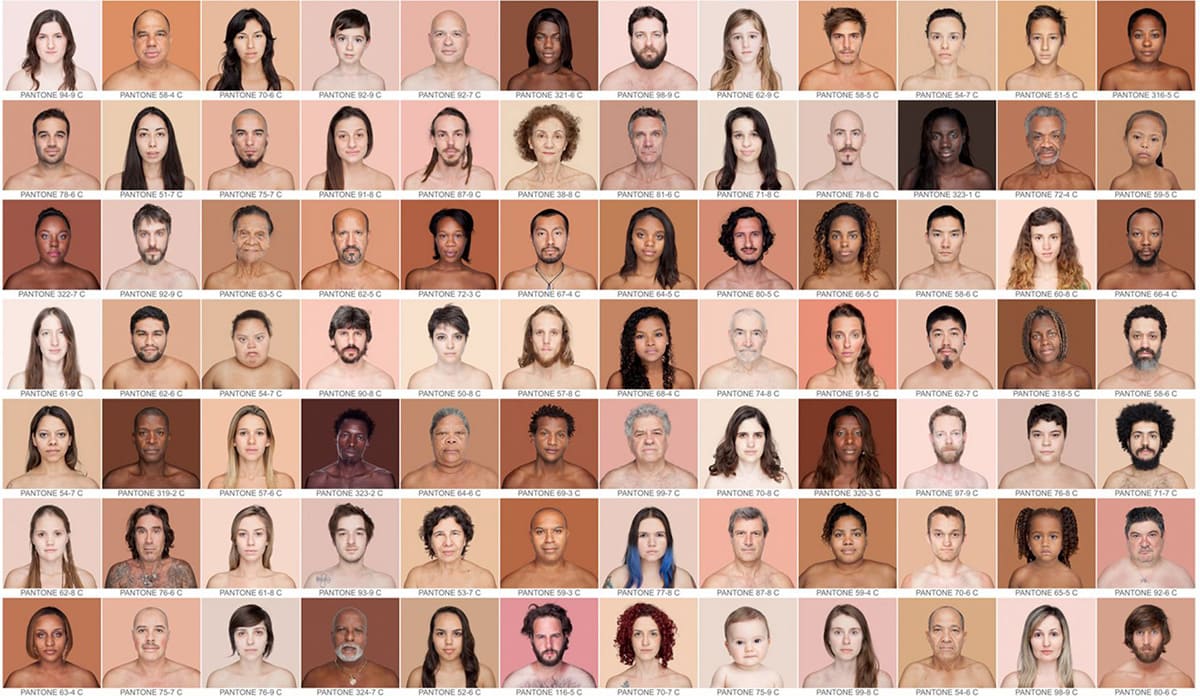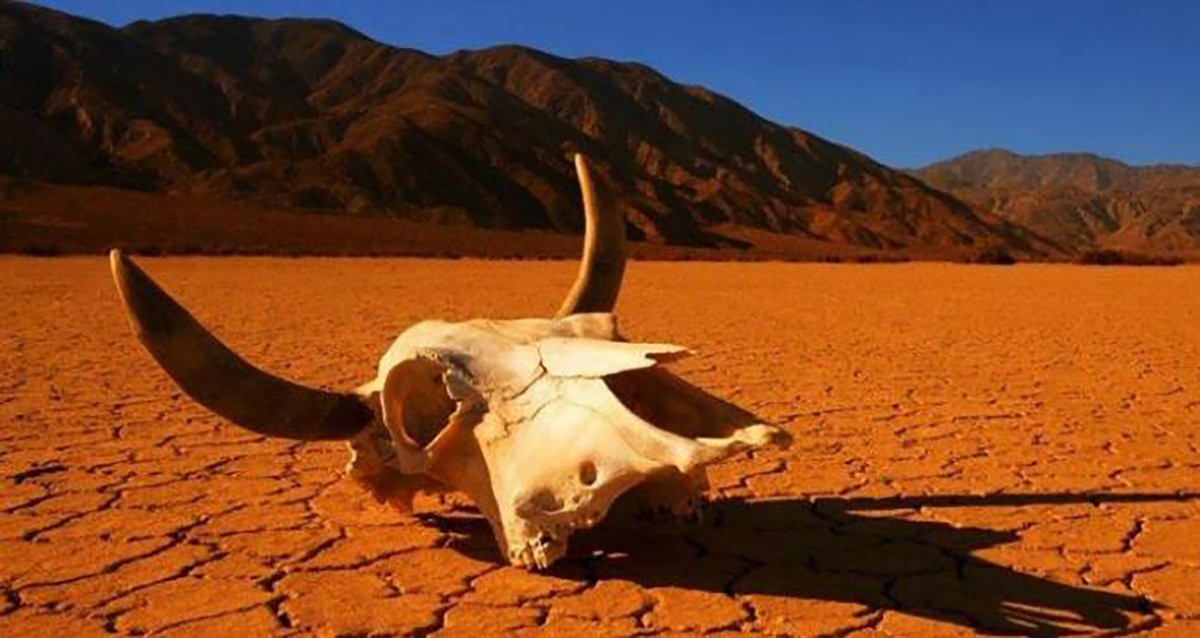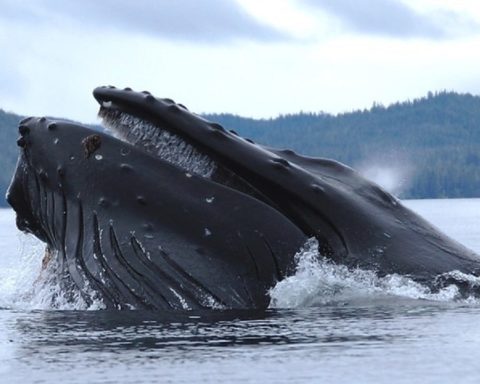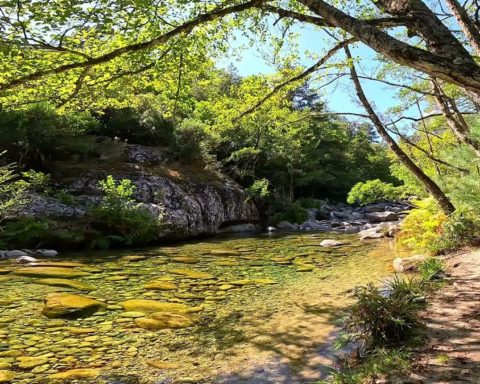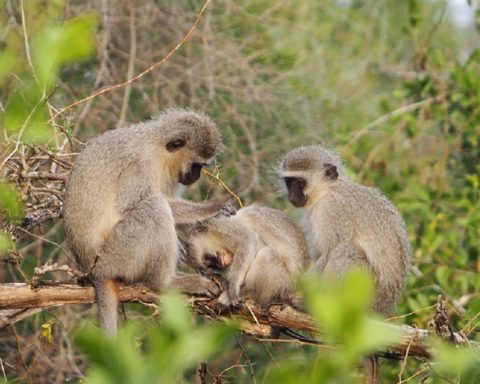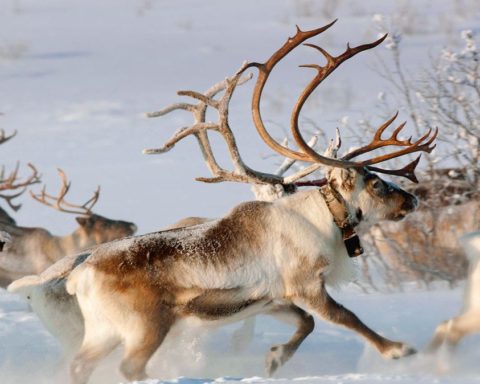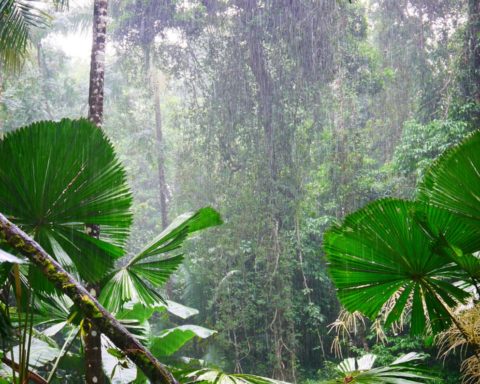On the occasion of the International Day for Biological Diversity celebrated on 22 May, whose theme this year is "Our Solutions are in Nature", UNESCO has posted on its website five exchanges between world-renowned experts in which they discuss issues related to biodiversity. Among the topics discussed is the link between the poor management of ecosystems and the risks of transmission of contagious diseases, including the risk of a pandemic. The outbreak of the Covid-19 illustrates this responsibility in a dramatic and global way.
Biodiversity is the living fabric of our planet. It is the basis of present and future human well-being, and its rapid decline threatens both nature and people. According to the Global Biodiversity Assessment Report published in 2019 by UNESCO's Intergovernmental Platform on Biodiversity and Ecosystem Services (IPBES), the main global drivers of biodiversity loss are climate change, invasive species, overexploitation of natural resources, pollution and urbanization. The global report demonstrated the responsibility of human activities for biodiversity loss, which amounts to 75 % for terrestrial ecosystems. It also indicated that solutions exist and that it is not too late to act.
To halt or reverse this decline, it is essential to transform people's roles, actions and relationships with biodiversity. Many solutions exist: UNESCO's various networks, programmes and partners have observed positive and inspiring seeds of change around the world. UNESCO also supports Member States and their populations in their efforts to halt biodiversity loss by understanding, valuing, safeguarding and using biodiversity sustainably. Now is the time to act for biodiversity! The United Nations has proclaimed 22 May as the International Day for Biological Diversity (IDB) to increase understanding and awareness of biodiversity issues.
This international day is part of the year 2020 defined as a super year for biodiversity, with major events planned (and mostly postponed to a later date) such as the IUCN World Conservation Congress, the 15th Conference of the Parties (COP15) of the Convention on Biological Diversity or the United Nations Biodiversity Forum.
The five online debates
- Links between coronavirus and biodiversity: the scientific evidence
Speakers :
Eduardo BrondizioCo-Chair of the IPBES 2019 Global Assessment Report on Biodiversity and Ecosystem Services
Elizabeth Maruma MremaActing Executive Secretary of the Convention on Biological Diversity (CBD)
Serge MorandCNRS-CIRAD researcher, ecologist and evolutionary biologist
Shamila Nair-BedouelleAssistant Director-General for the Natural Sciences Sector, UNESCO
Moderator : Meriem Bouamrane - UNESCO Biodiversity Focal Point, MAB Programme
- Gathering around what connects us - what are our shared values?
Speakers :
Eric Julien, Founder Association Tchendukua
Raphaël Mathevet, CNRS Research Director
Alice Roth, Founding member and vice-president of the Co-MAB association
Hélène Valade, Vice President Development Environment, Louis Vuitton Moët Hennessy (LVMH)
- What changes are needed?
Speakers :
Didier Babin, President MAB France National Committee and Team leader post 2020 EU project at Expertise France
Irene HoffmannSecretary of the Commission on Genetic Resources for Food and Agriculture, FAO
Paul LeadleyResearcher, University of Paris-Saclay, IPBES expert
Pierre-Yves PouliquenDirector of Sustainable Development at SUEZ
- What are the possible ways to regenerate ecosystems and restore our links to life?
Speakers :
Tim Christophersen, Coordinator of the Nature for Climate Branch of the United Nations Environment Programme (UNEP) and focal point for the UN Decade of Ecosystem Restoration 2021-2030
David Obura, Director and Founder of CORDIO East Africa, Mombasa, Kenya
Berglind Orradóttir, Deputy Director of the GRÓ Land Restoration Training Programme, International Centre for Capacity Development, Sustainable Use of Natural Resources and Societal Change, GRÓ, Reykjavik, Iceland.
Sir Tim Smit, Co-founder of the EDEN project, Bodelva, Cornwall, United Kingdom
Moderator : Noëline Raondry RakotoarisoaChief of Section, MAB Networks: Biosphere Reserves and Capacity-Building - Division of Ecological and Earth Sciences, UNESCO
- Sharing solutions from nature
Speakers :
Miguel Clüsener-GodtDirector, Division of Ecological and Earth Sciences, Secretary of the MAB Programme
Humberto Delgado RosaDirector of Natural Capital, Directorate-General for the Environment of the European Commission
Mechtild RösslerDirector of the World Heritage Centre (WHC)
Vladimir RyabininExecutive Secretary of the Intergovernmental Oceanographic Commission of UNESCO, Assistant Director-General of UNESCO
Moderator Peter Dogsé, Programme Specialist, Co-Chair of the UNESCO Task Force on Climate Change
" Solutions exist. UNESCO is identifying, analysing and, above all, publicising them. "s Director-General, Audrey Azoulay, in a message issued on the occasion of the International Day for Biological Diversity.
From late May to early June each year, UNESCO celebrates three important International Days, as they provide an opportunity to consider together the three systemic pillars of climate change: biodiversity, the environment and the oceans. This year, at a time when an unprecedented pandemic has been hitting the world for several weeks, these days provide an opportunity to recall once again that only a cross-cutting and ambitious approach can help build a more ecologically sustainable future. Of these three pillars, it is undoubtedly the issue of biodiversity that has been the most raised during the last few weeks of widespread containment. The retreat into the intimate sphere and the desertion of most public spaces have temporarily blurred the sharing of space between humans and other species. "
Audrey Azoulay, Director-General, on the occasion of the International Day for Biological Diversity


